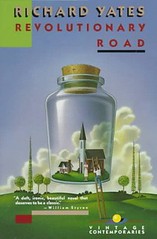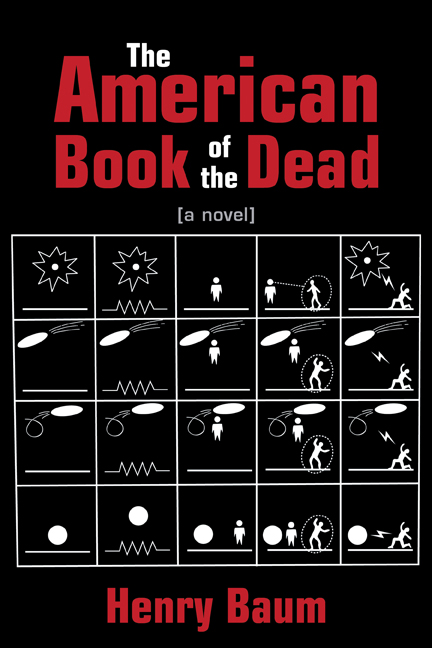
Last thoughts on the Richard Yates biography. I’ve written a lot about this book because reading it was seminal to me. Though in truth I’m glad it’s over because it was really kind of depressing.
He was a total homeless-style wreck for most of his life, beginning mainly after he wrote Revolutionary Road. He started taking anti-psychotic drugs right after completing the novel. He washed them down with whiskey. Not so coincidentally, he then has a number of psychotic breaks, he doesn’t complete his second novel for another nine years, and no other novel is ever as good as his first. Not enough is made in the book about how much these pharmaceuticals might have screwed with his mind, especially a mind that was already so unnaturally open and observant. It would be interesting to see an alternate universe where Yates was never prescribed an anti-psychotic and see what would happen. Maybe he’d be just as dysfunctional, or maybe the drugs were the entire root of the problem.
There’s also an irritating thread in the book where Yates complains about every thing in his life. This is perhaps the weak link in his novels as well. Every moment is defined by people’s unspoken weakness, as if they’re always on the edge of a breakdown. Beautifully done, but taxing. His life was plagued by the same kind of pessimism. He gets offered a $50,000 book deal and a teaching job at Columbia and he finds fault in it. Vintage puts out a reissue of three of his books and he complains incessantly that the covers are too surrealistic. It’s partly inspiring to read about someone who so deeply believes in his vision, but for someone who’s struggling to get published, the other part says, get over it.
One of the most dangerous things in this book was reading about Yates’ family life. He was able to write Revolutionary Road and the stories in Eleven Kinds of Loneliness because he basically abandoned his daughters. For the stories, he stayed behind in London, while his family moved back to the States. Throughout his life he lived in depressing one room apartments where he’d lose his mind and write.
Jack Kerouac also abandoned his daughter, which is one of the lower parts of his life story. I could not help making connections with myself. I am not thinking of leaving my wife and daughter, believe me, but these thoughts were fairly inevitable. I wrote a lot in my twenties, all the while mostly alone. I have yet to complete something significant in my thirties. It is really hard to be a family man, have a job, and work on a novel. It’s a new experience and I have yet to figure out how to balance it. Yates sacrificed his family life and his sanity to write his novels. I’m not up for doing that.


2 comments:
I know it's true, but I might have never become a writer if I hadn't picked up Richard Yates' Eleven Kinds of Loneliness. So his life story struck a chord with me.
It's dangerous to know too much about the lives of artists, especially artists we've made into heroes. It's kind of like seeing one of your parents cry for the first time. They're human, it turns out.
I suspect, Henry, that your decision to write was inevitable, and it was an accident that the catalyst was Richard Yates. Had the catalyst been someone else, and had that someone else been a well-adjusted, perfect-parent writer, you'd instead be writing about a biography that left you inspired and motivated.
By the way, I bought Revolutionary Road. Gotta see what all this hoopla is about.
Post a Comment